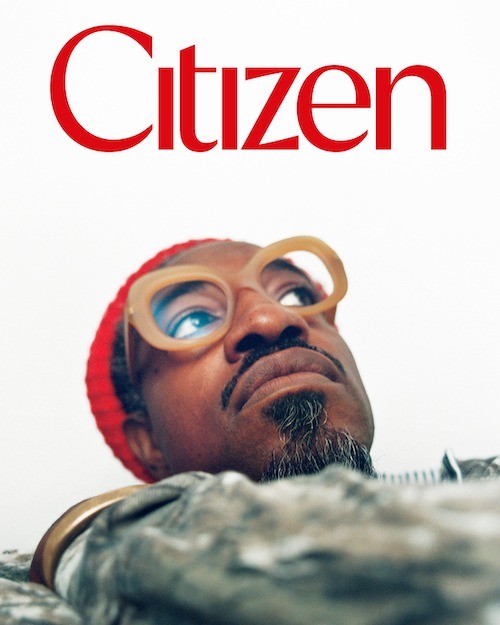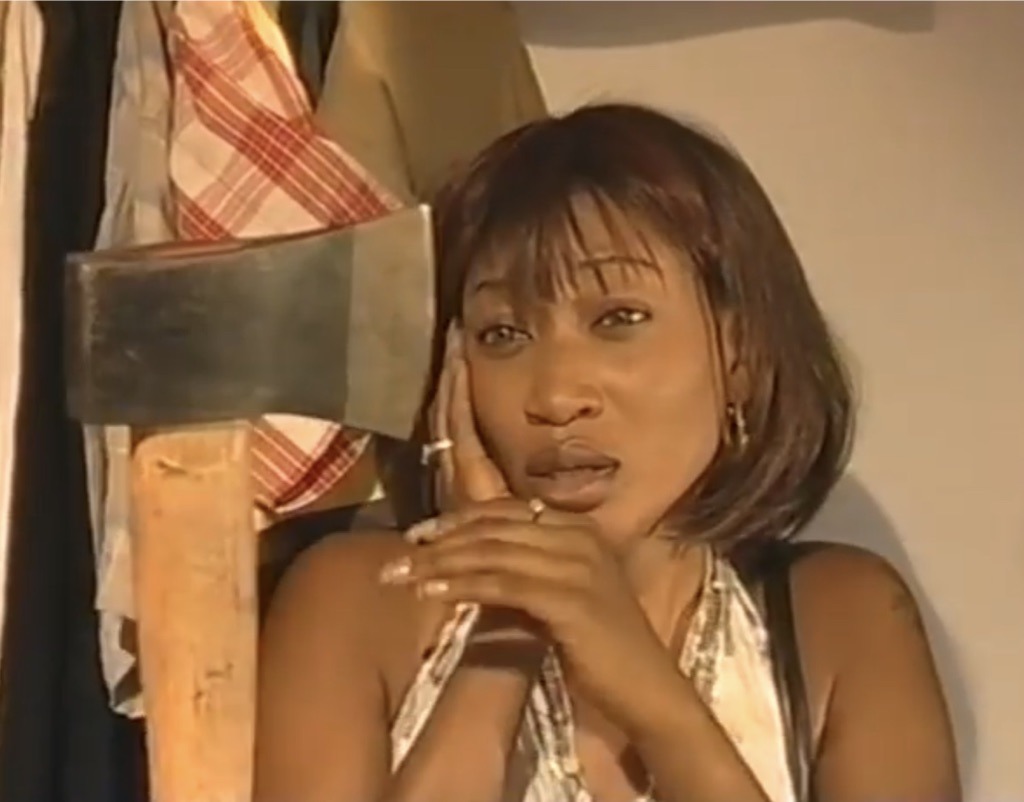
The Drama of NollyBabes
The Drama of NollyBabes
Sisters connected through their love of Nollywood films of the early 2000s and the aesthetic vibrance of the female characters that carried the industry, curate a selection of scenes defining what real drama looks like
Text by @NollyBabes
Issue 002
Q: Name the film title and summarize the plot of the most dramatic Nollywood movie you can think of.
A: Drama is the name of the game in Nollywood. But, we think that the most dramatic Nollywood movie would have to be Suicide Mission (1998). Right off the bat, the movie starts with Austin, played by Richard Mofe-Damijo, hanging off the iconic Third Mainland Bridge in Lagos. Suicide is a particularly taboo subject in Nigerian culture so just imagine the uproar this film caused when it was first released. Then we are introduced to Monique, played by Regina Askia. Upon introduction to a very married Austin, Monique insists she must have him to herself. Of course, Monique’s next logical step is to visit a babalawo (a Yoruba witch doctor) who informs her that if she wants Austin, she must have sex with a human corpse. Monique concedes but the plan goes awry. So Monique goes to visit another babalawo who gives her a list of rituals to carry out to gain power over Austin. This time the magic works, Monique completes the tasks, the babalawo conjures Austin’s spirit, traps it in a groundnut bottle, and gives it to Monique which gives her complete control of Austin. Soon after, Austin takes Monique on as his second wife. Monique then proceeds to torture Austin, throws his first wife and children out of the house, and steals millions of Naira from Austin. As the movie comes to a dramatic climax, Austin realizes he’s been placed under a spell and seeks to be liberated. Eventually, he is liberated and Monique becomes a dog.
“Drama is the name of the game in Nollywood.”

“The classic films from that era of Nollywood also told real stories about real Nigerians from all walks of life.”
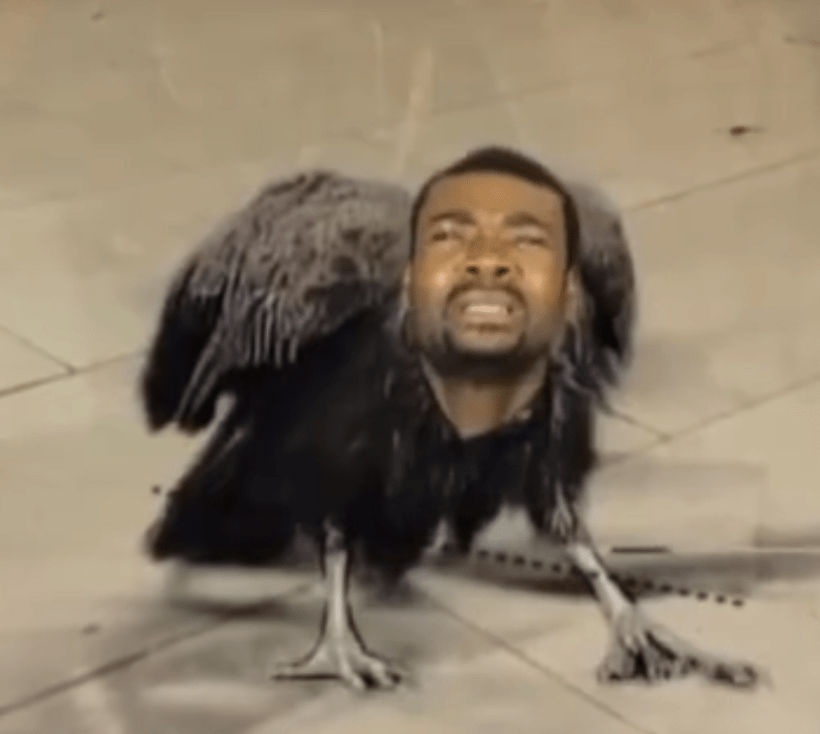
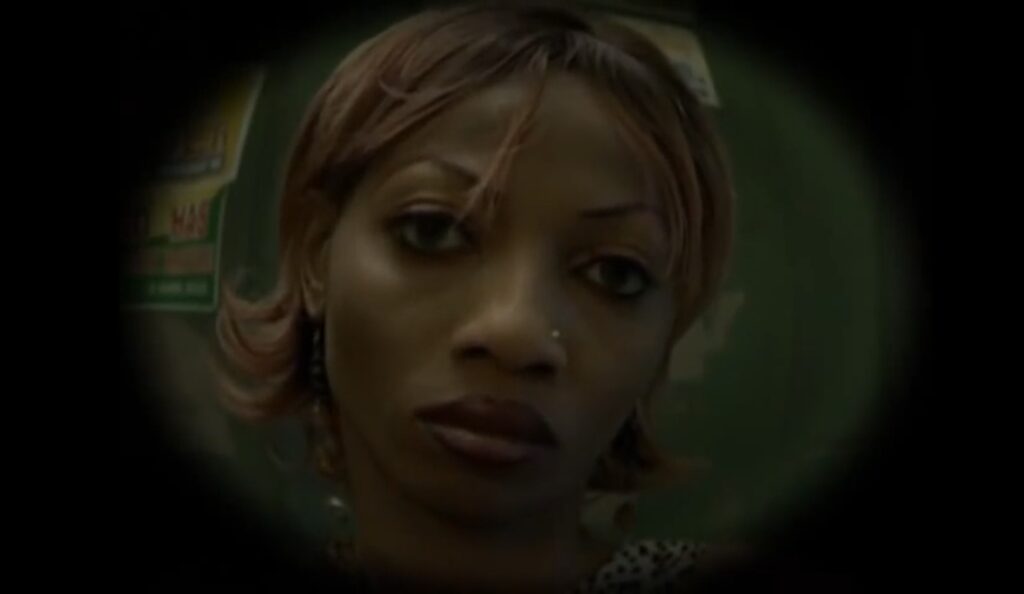
Q: How did your love for Nollywood movies begin?
A: We grew up in Lagos where watching Nollywood movies was a part of so much of our lives. We had aunts that were avid home video collectors and watchers and they always had the latest releases for us to enjoy. When our family moved to the States it was at a pivotal time in our lives, high school. At the time we didn’t realize it but, after we left Nigeria and were thrust into a new world, we began to hold even more appreciation for Nollywood. Every chance we got we would watch the classic films that we had grown up loving as well as the new releases that we would collect during trips back to Nigeria, then carry in overloaded suitcases back to the States. Watching these movies was a way for us to stay connected to our culture, but also a way for us to be reminded of non-Eurocentric beauty standards. That realization and aspect of our love for Nollywood is one of the driving forces behind why we started the Instagram account, @NollyBabes.
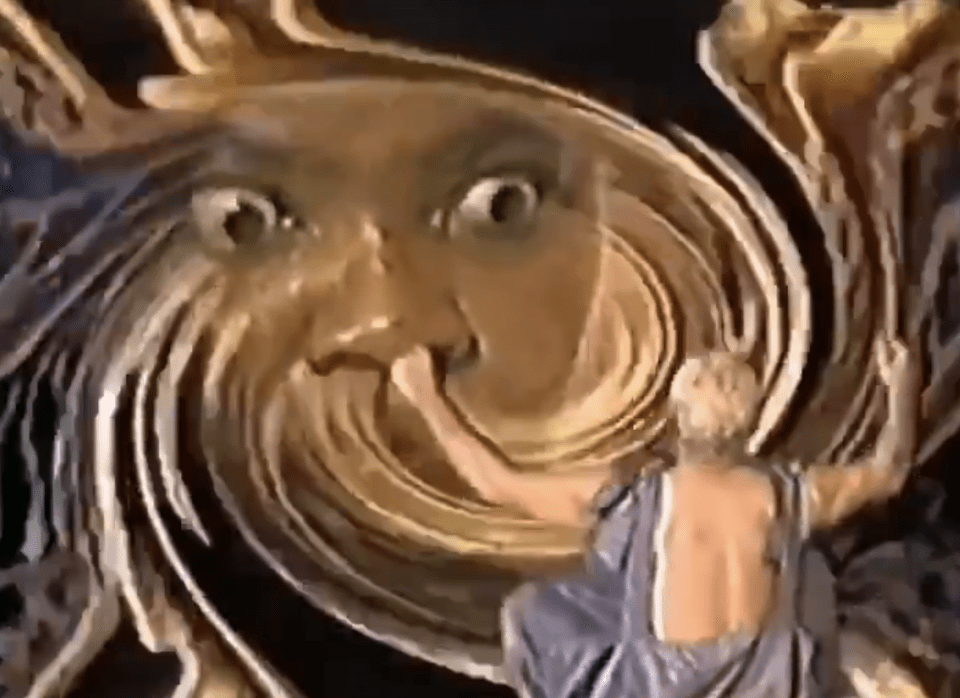
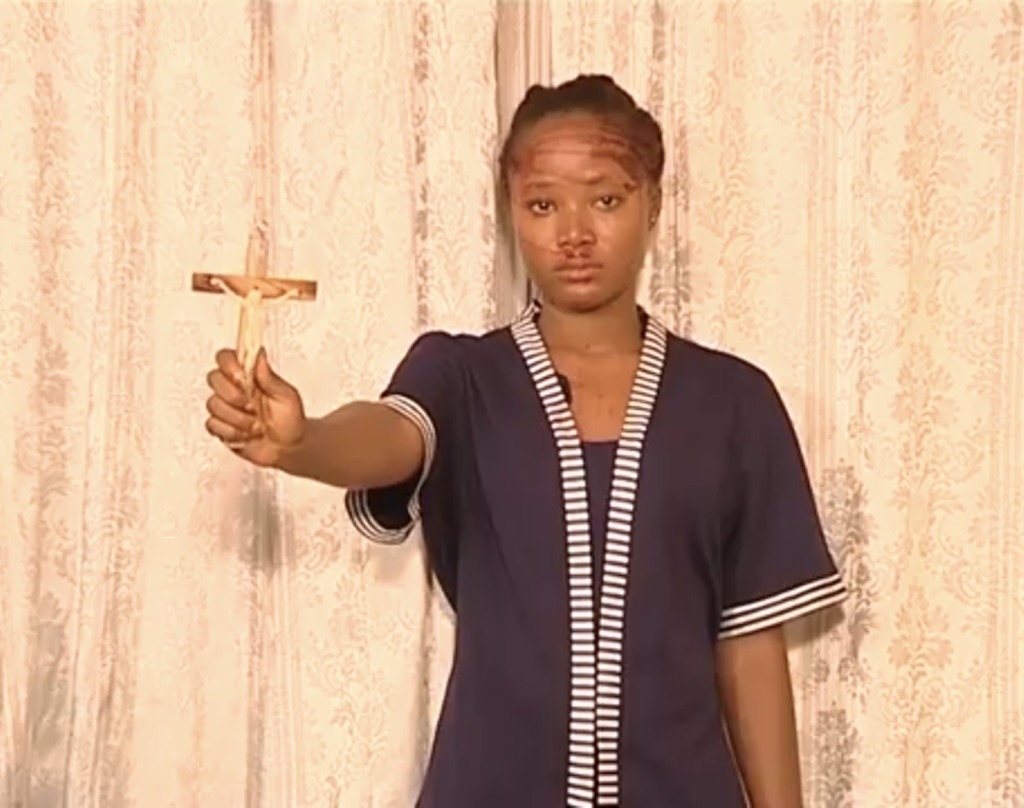
“The quintessential Nolly Babe aesthetic is the Nollywood bad girl.”
Q: What elements of the Nollywood aesthetic, both within the film itself, and in the way that characters are presented, are over the top–striking and, how do you think this sets the stage for what happens in a film?
A: When it comes to the styling of individuals in these films it’s all about self-expression and the full embodiment of a dramatic character through fashion. Nollywood is very black and white in how it views characters, especially women. You’re either the villain or the innocent victim and you’re always dressed accordingly. The quintessential NollyBabe aesthetic is the Nollywood bad girl. The girl that wears the mini skirts and always accessorizes to the max. Her character is represented in how she dresses from head to toe. She’s daring, outspoken, and steadfast in her convictions, and the way she presents herself reflects that energy.
In regards to the films themselves, the settings, the effects, the lighting, and other aesthetic choices,we think there’s a lot to be said for how society views restraint and subtlety in film as a superior style. For a long time, the dramatic elements of the Nollywood cinematic style from the era we focus on–the late 90s to early 2000s–was the reason why many considered Nollywood to be subpar to its western counterparts. In retrospect, it is the drama of the makeshift special effects and overly suggestive soundtrack elements that sets Nollywood apart from the rest. Before a scene fully unfolds, the key of the soundtrack will change to an eerie tone on the electric keyboard letting you know something wicked this way comes. In our opinion, no one does magical apparitions like Nollywood did in the golden era. The way otherworldly elements suddenly appear in human form through a flash of lightning or a surreal CGI transition is art in and of itself. Bordering on kitsch, these special effects are not aiming to be the most realistic interpretations but rather they lean into the surrealism of the events being shown.
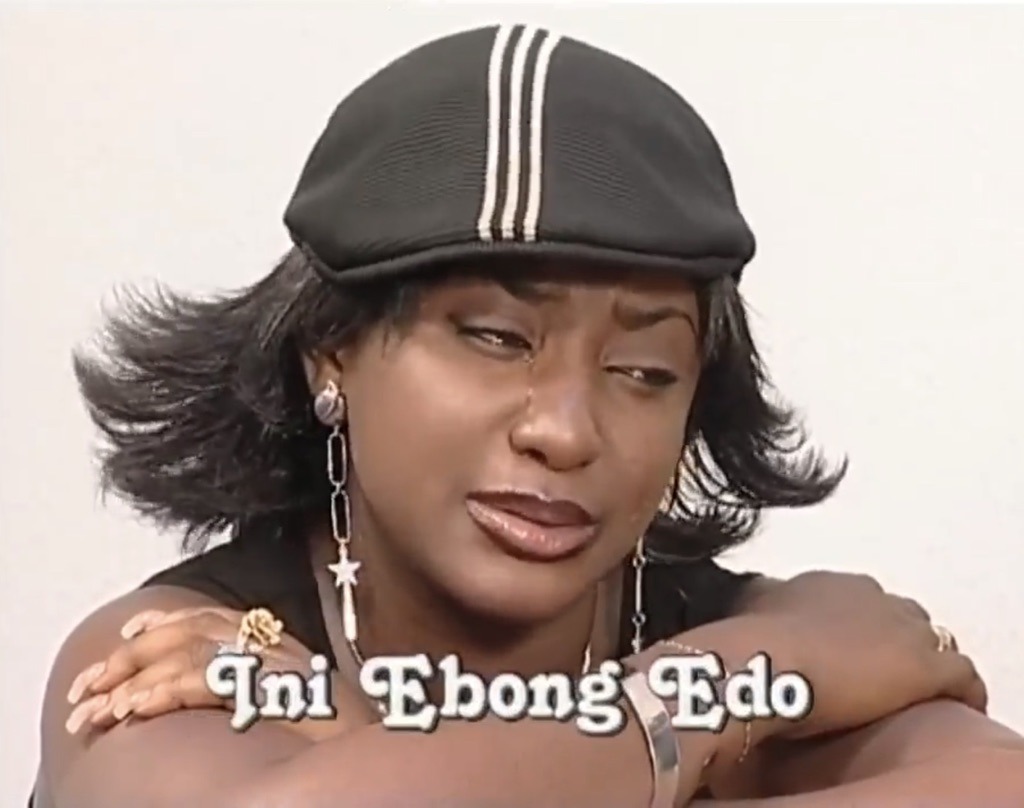

“The mystical aspect of Nollywood might seem exaggerated but, I think it accurately depicts the way a lot of Nigerians view those supernatural elements.”




Q: On the mystical–we see so many Nollywood films that include mystical and magical elements. How much of this is a reflection of not only the creativity filmmakers had but also an oversized reflection of traditional beliefs found throughout Nigeria and the continent?
A: The mystical aspect of Nollywood might seem exaggerated but, I think it accurately depicts the way a lot of Nigerians view those supernatural elements. Nollywood’s depiction of the mystical and magical is probably the primary source of reference that many Nigerians have to understand or visualize the supernatural ideas and elements rife in Nigerian culture and history. With colonization and the introduction of western religions to Nigeria, many elements of traditional Nigerian spirituality became vilified in the eyes of many Nigerians. This was a systemic and intentional shift that you can see play out in the plots and themes of many Nollywood films. You will notice that often spiritual elements tied to Christianity are seen as pure and morally upright while those tied to our indigenous traditions are seen as wicked and vengeful.

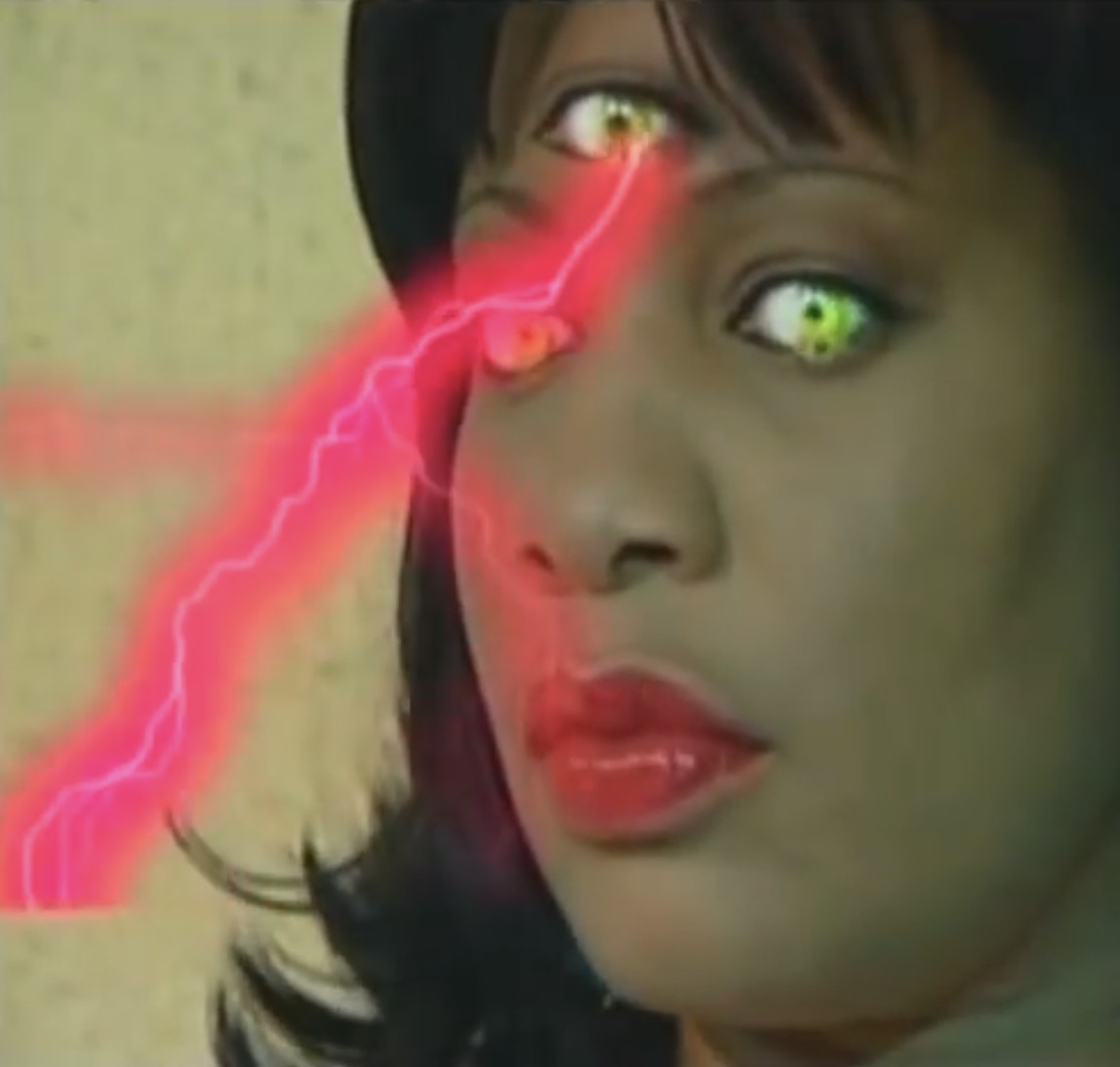
Q: What if anything do you miss about the Nollywood of the early 2000s?
A: The easier question to answer would be what DON’T we miss because we miss almost every element of the Nollywood films of the early 2000s. But if we had to choose, the things we miss the most would probably be the storylines and beauty standards set by films from that era. Even though a lot of the most iconic makeup looks in Nollywood films during this period were loud, there was still a more natural and individual element to what was presented. Now we see a copy and paste of the same hair, looks, and style on every actor. The classic films from that era of Nollywood also told real stories about real Nigerians from all walks of life. Nigerians that lived in the cities and Nigerians that lived in the rural parts of the country. Everyone’s stories were told authentically.
Imagery courtesy of @NollyBabes

